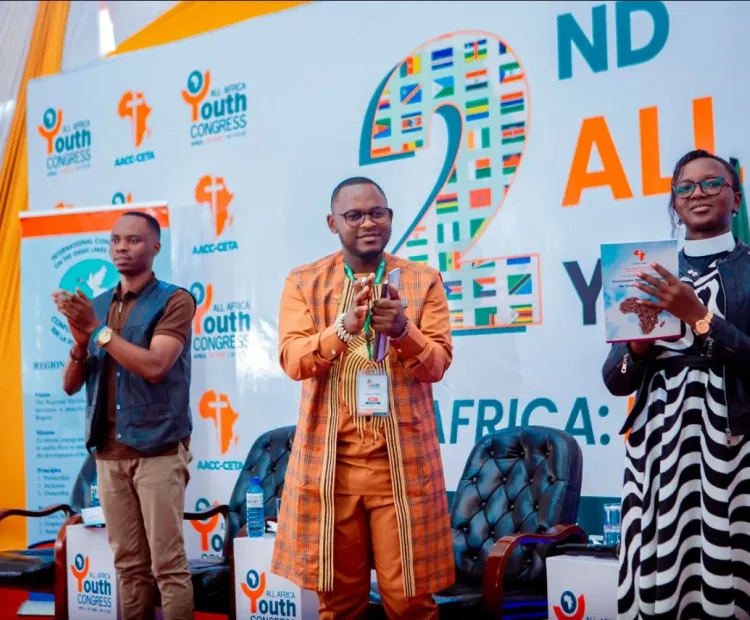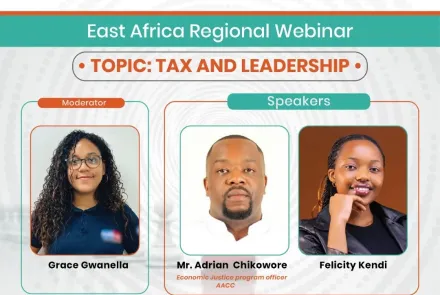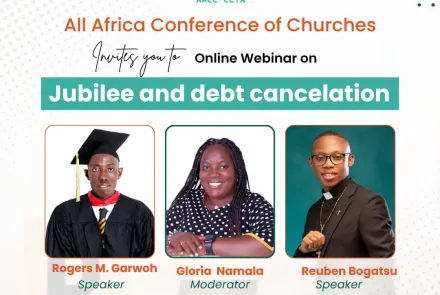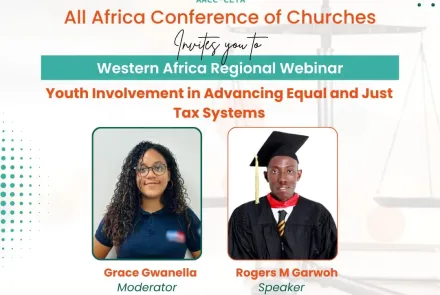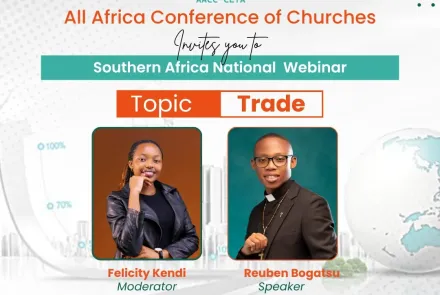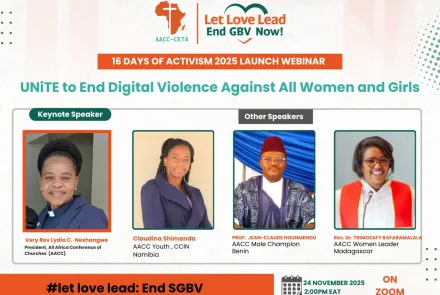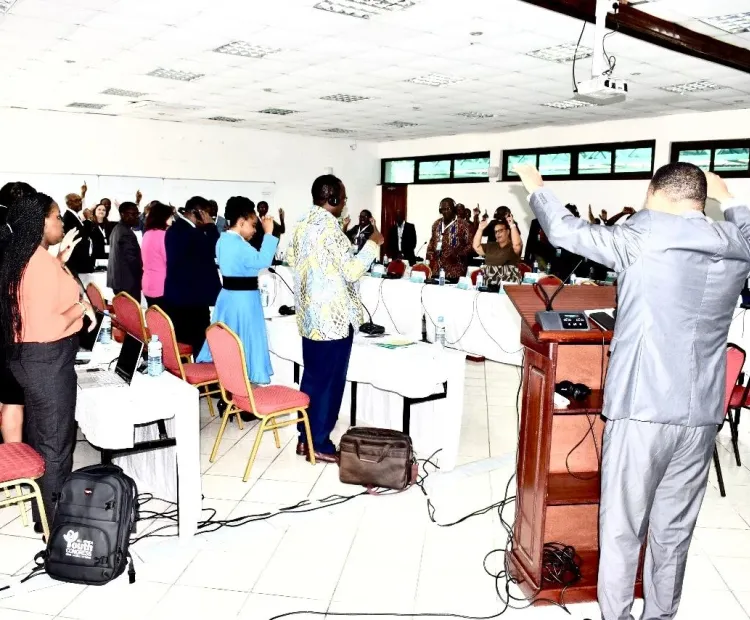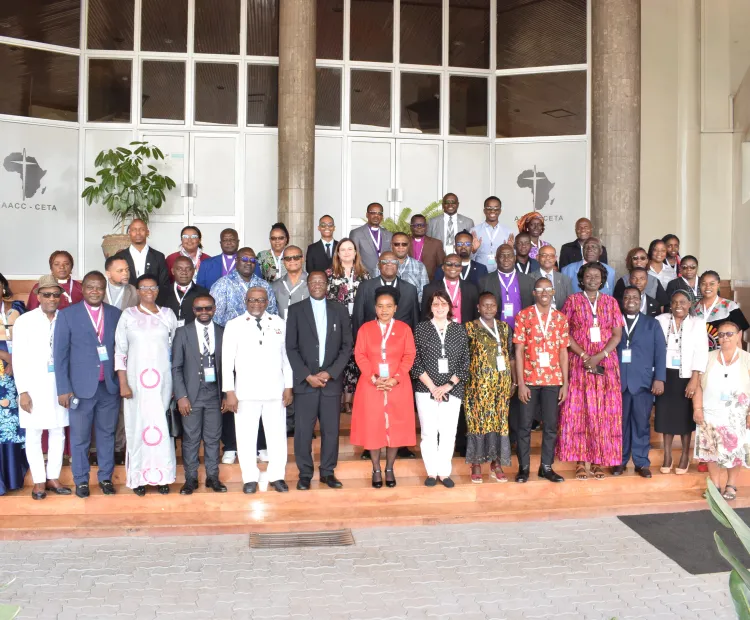-
All Africa Conference of Churches is inviting you to a scheduled Zoom meeting.Topic: TRADE IN THE SOUTHERN REGION OF AFRICATime: Nov 21, 2025 07:00 PM NairobiJoin Zoom Meetinghttps://us06web.zoom.us/j/86453359804?pwd=d2lXojDpYK5bWbfvvYMuTAYKDxFOjn.1Meeting ID: 864 5335 9804Passcode: 508762
Young People's Resource Pack on Faith, Love & Life
publication image
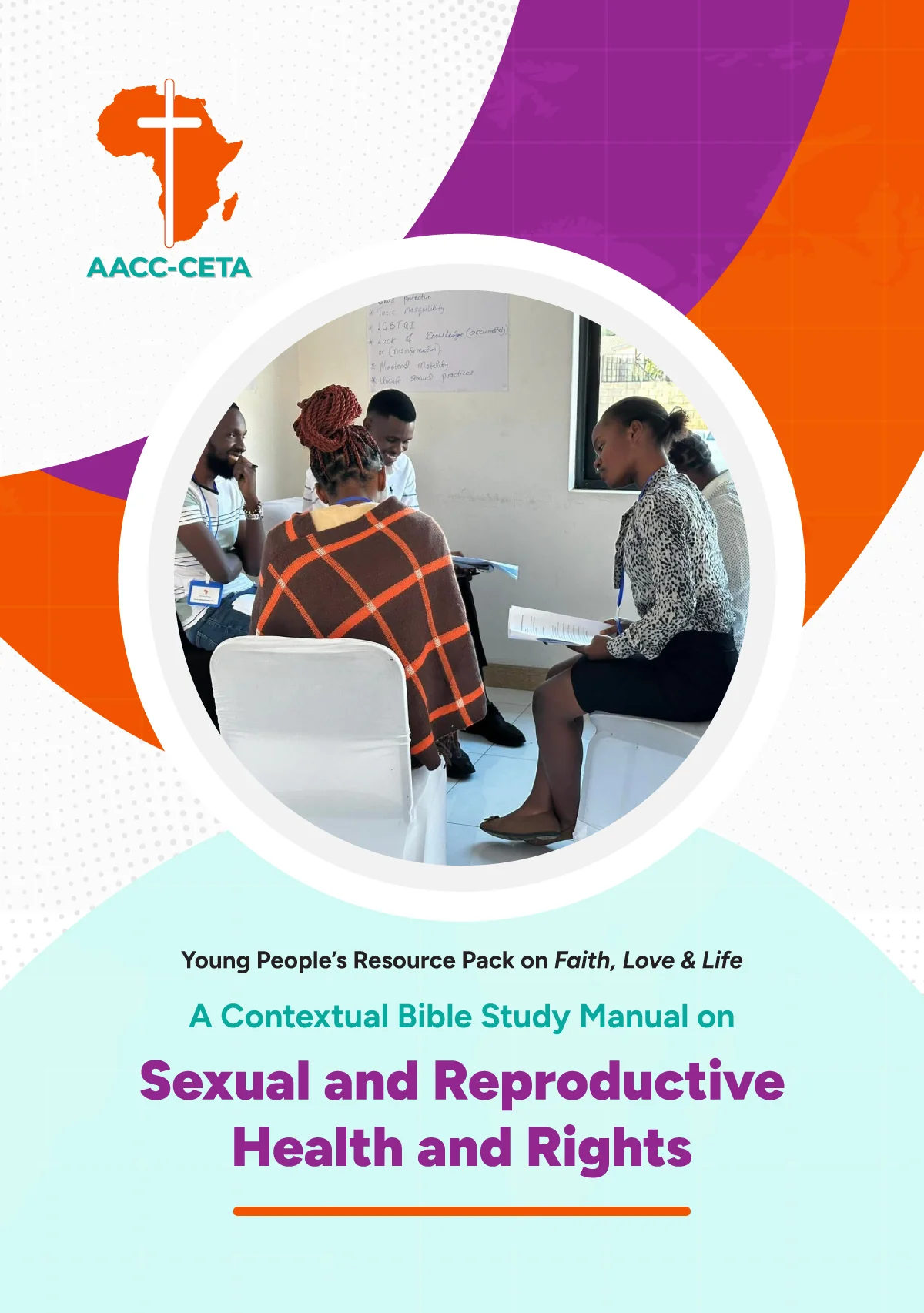
publication download
Young People's Resource Pack on Faith, Fertility & The Future
publication image
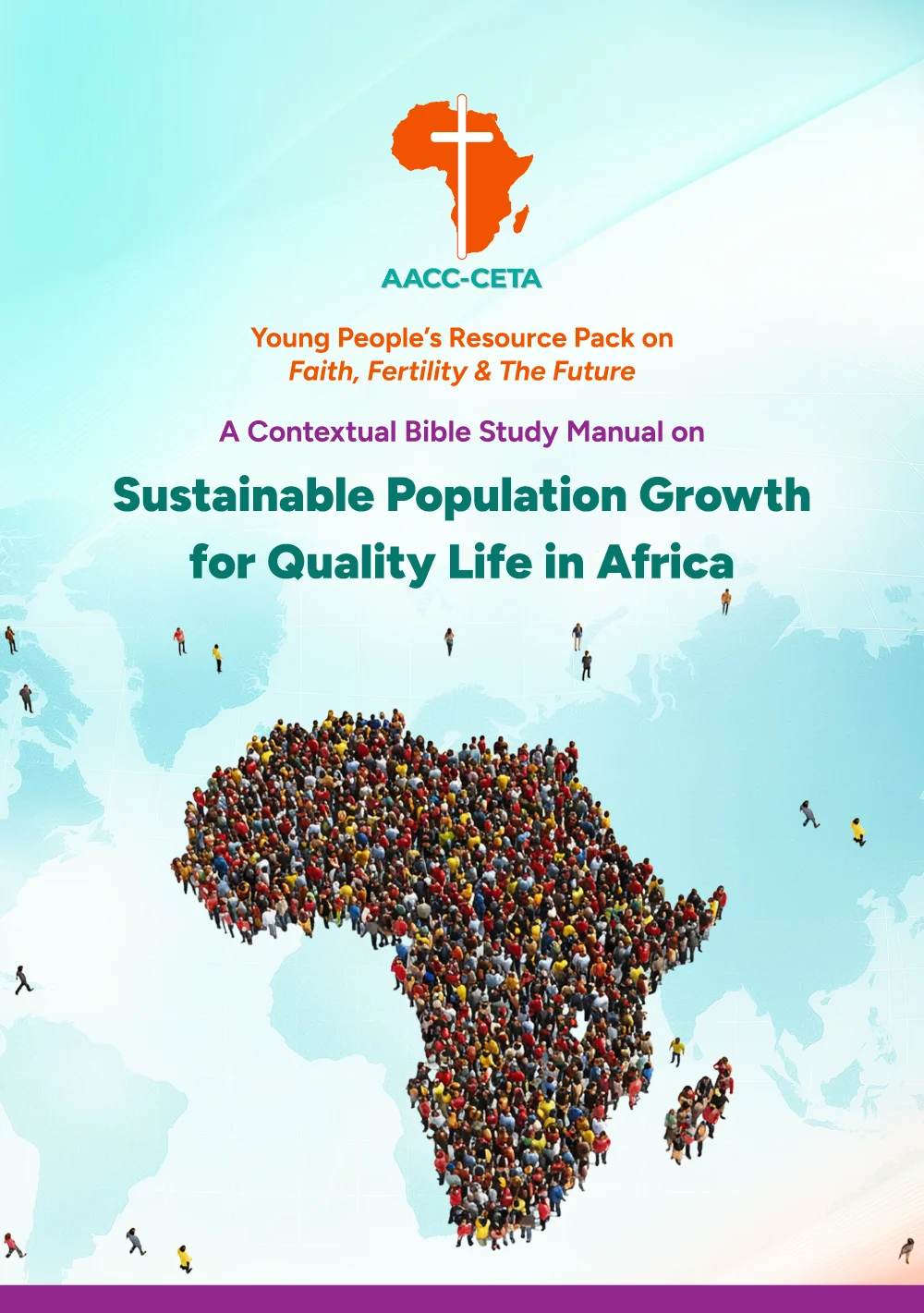
publication download

